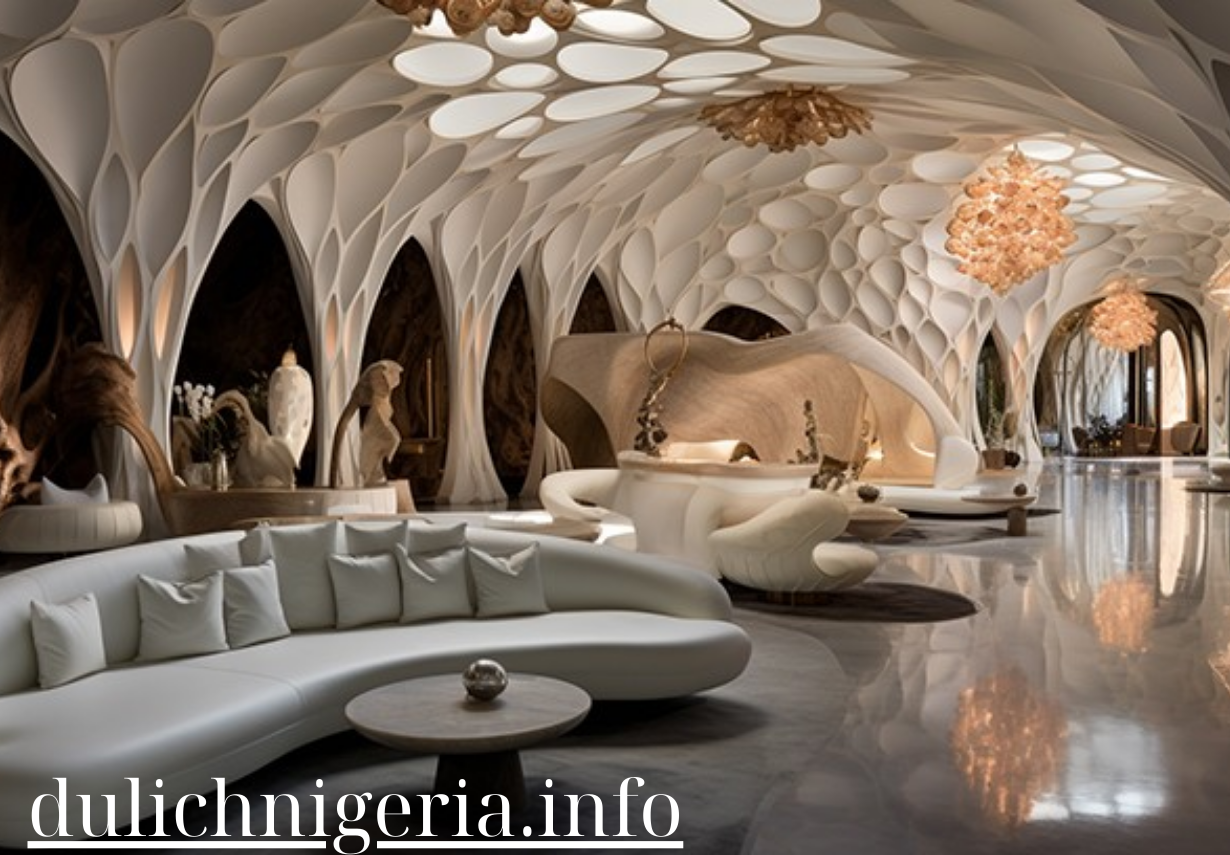The premium hospitality industry is constantly evolving, driven by the increasing demands of discerning travelers seeking personalized, immersive, and exclusive experiences. To stay competitive in this dynamic space, luxury hotels, resorts, and service providers must anticipate guest expectations and embrace new trends. Here, we explore the latest premium hospitality insights and key trends that are shaping the future of high-end service.
1. Hyper-Personalization: Tailored Experiences for Every Guest
In the luxury market, personalization is paramount. Today’s travelers expect experiences tailored to their preferences, from room amenities to curated itineraries.
- How It’s Done: Hotels and resorts are leveraging guest data, preferences, and previous stays to anticipate needs. This can range from personalized welcome gifts to curated dining experiences and customized spa treatments. Some properties go as far as assigning a personal concierge or butler to ensure every detail is handled.
Example: The Four Seasons and Ritz-Carlton both offer app-based services that allow guests to request anything from extra pillows to curated activities before or during their stay.
2. Immersive Local Experiences: Connecting Guests with Culture
High-end travelers increasingly desire authentic experiences that connect them with the local culture and environment. Guests want to move beyond traditional luxury amenities and engage in unique, immersive activities.
- How It’s Done: Luxury hotels are partnering with local experts, artisans, and chefs to offer exclusive experiences such as private tours, cooking classes, and cultural workshops. This not only enhances the guest experience but also supports the local economy.
Example: The Belmond Hotel offers curated “Local Gems” experiences, such as vineyard tours or art walks, that introduce guests to local traditions and crafts.
3. Wellness-Centric Hospitality: Holistic Health and Well-Being
Wellness has become a core element of luxury travel. High-end guests are seeking more than relaxation; they want holistic experiences that promote mental, physical, and emotional well-being.
- How It’s Done: Resorts are expanding their wellness offerings to include personalized programs, from meditation and yoga retreats to nutrition consultations and sleep therapies. This shift reflects a growing demand for health-oriented travel.
Example: Aman Resorts are known for their comprehensive wellness journeys, which include detox programs, energy healing, and customized fitness regimes.
4. Eco-Luxury and Sustainability: The Rise of Responsible Travel
As environmental concerns grow, sustainability is now a key focus in premium hospitality. Eco-conscious travelers want luxury experiences that are both indulgent and environmentally responsible.
- How It’s Done: Hotels are adopting sustainable practices, such as reducing plastic use, sourcing local and organic food, and investing in renewable energy. Some properties offer eco-friendly initiatives, including wildlife conservation and carbon-offset programs, to appeal to green travelers.
Example: Six Senses Hotels are renowned for their commitment to sustainability, with eco-friendly designs, farm-to-table dining, and efforts to conserve the surrounding environment.
5. Technology Integration: Enhancing Luxury Through Innovation
In the digital age, technology plays a pivotal role in elevating luxury service. The latest advancements enhance guest convenience while maintaining the personal touch that high-end travelers expect.
- How It’s Done: Smart rooms with voice-activated controls, mobile check-ins, AI-powered concierges, and apps that allow guests to customize their stay are becoming common in luxury hotels. Virtual reality (VR) tours and AI-driven personalization are also emerging trends.
Example: The Peninsula Hotels offer in-room tablets that control everything from lighting to ordering room service, allowing guests to tailor their experience with ease.
6. Privacy and Seclusion: The Ultimate in Exclusivity
The demand for privacy and seclusion is on the rise, especially in a post-pandemic world. High-end travelers are seeking destinations that offer exclusivity, where they can enjoy luxury without crowds.
- How It’s Done: Luxury resorts are providing private villas, secluded beaches, and exclusive-use accommodations. Private dining, butler services, and personalized excursions ensure that guests can enjoy complete privacy while still experiencing five-star service.
Example: The Brando in French Polynesia offers private villas with access to pristine, secluded beaches, ensuring an intimate, luxurious experience.
7. Culinary Excellence and Bespoke Dining
Fine dining has long been a staple of the luxury experience, but now bespoke dining is setting new standards in the premium hospitality industry. Guests are no longer satisfied with just gourmet meals—they want personalized, unique culinary experiences.
- How It’s Done: Hotels are creating custom dining experiences, such as chef’s table events, personalized menus, and interactive culinary sessions. Farm-to-table dining and exclusive partnerships with Michelin-starred chefs are also on the rise.
Example: The Ritz-Carlton, Kyoto offers private, authentic kaiseki dining experiences, showcasing the best of Japanese cuisine with personalized service.
8. Family-Oriented Luxury: Tailoring Experiences for Multi-Generational Travel
Luxury hospitality is evolving to cater to families, including multi-generational travelers. High-end hotels are designing experiences that offer both sophistication for adults and engaging activities for children and teens.
- How It’s Done: Resorts are offering family-friendly amenities such as spacious private villas, children’s clubs, and tailored activities like family safaris or cooking classes. Some properties also offer babysitting services and personalized experiences for younger guests.
Example: Rosewood Hotels’ “Rose Buds” program offers activities such as kids’ spa treatments, cooking classes, and cultural excursions, ensuring that both adults and children enjoy a luxurious stay.
Conclusion
The premium hospitality industry is constantly evolving, driven by guest expectations for personalization, wellness, sustainability, and exclusivity. From immersive cultural experiences to technology-enhanced services, the trends shaping high-end hospitality today are designed to create unique, unforgettable stays. As luxury travelers seek more meaningful, personalized, and responsible experiences, the future of premium hospitality will continue to innovate in response to these demands.
